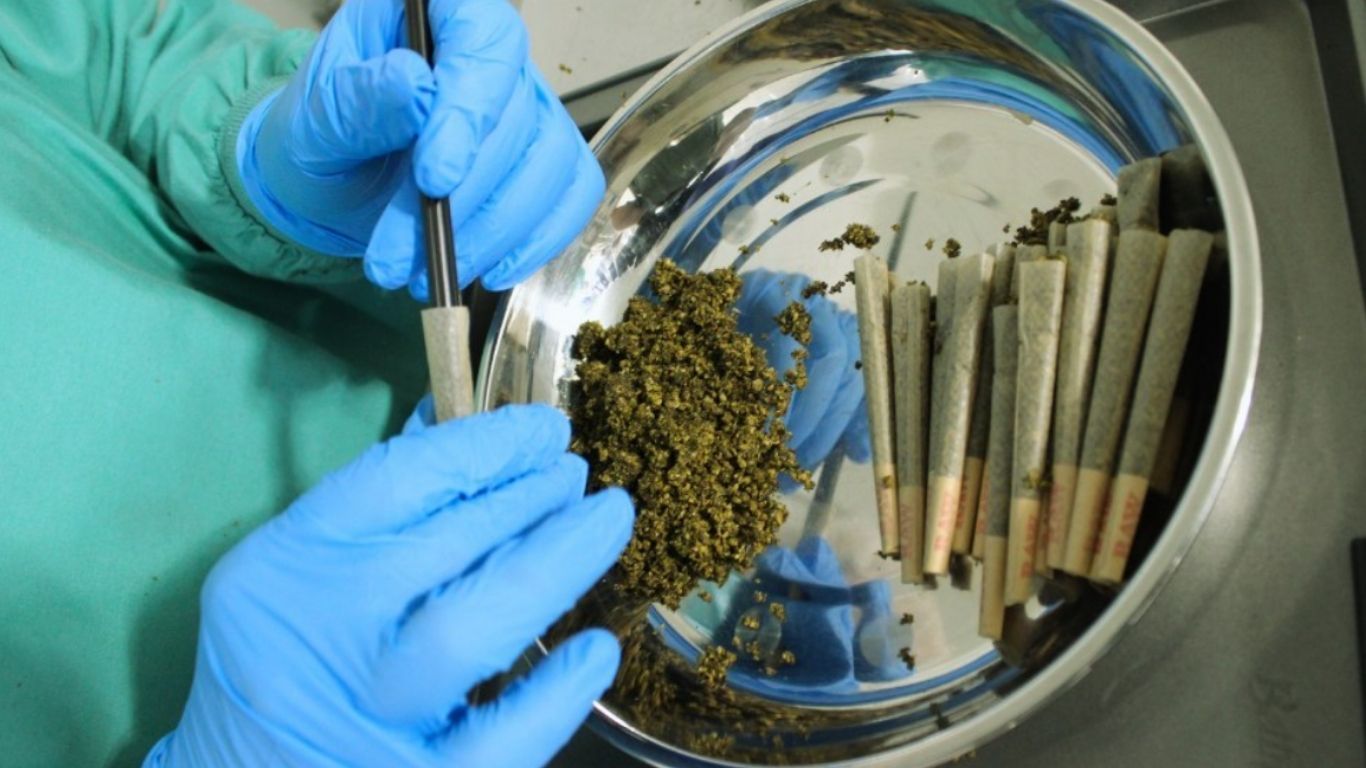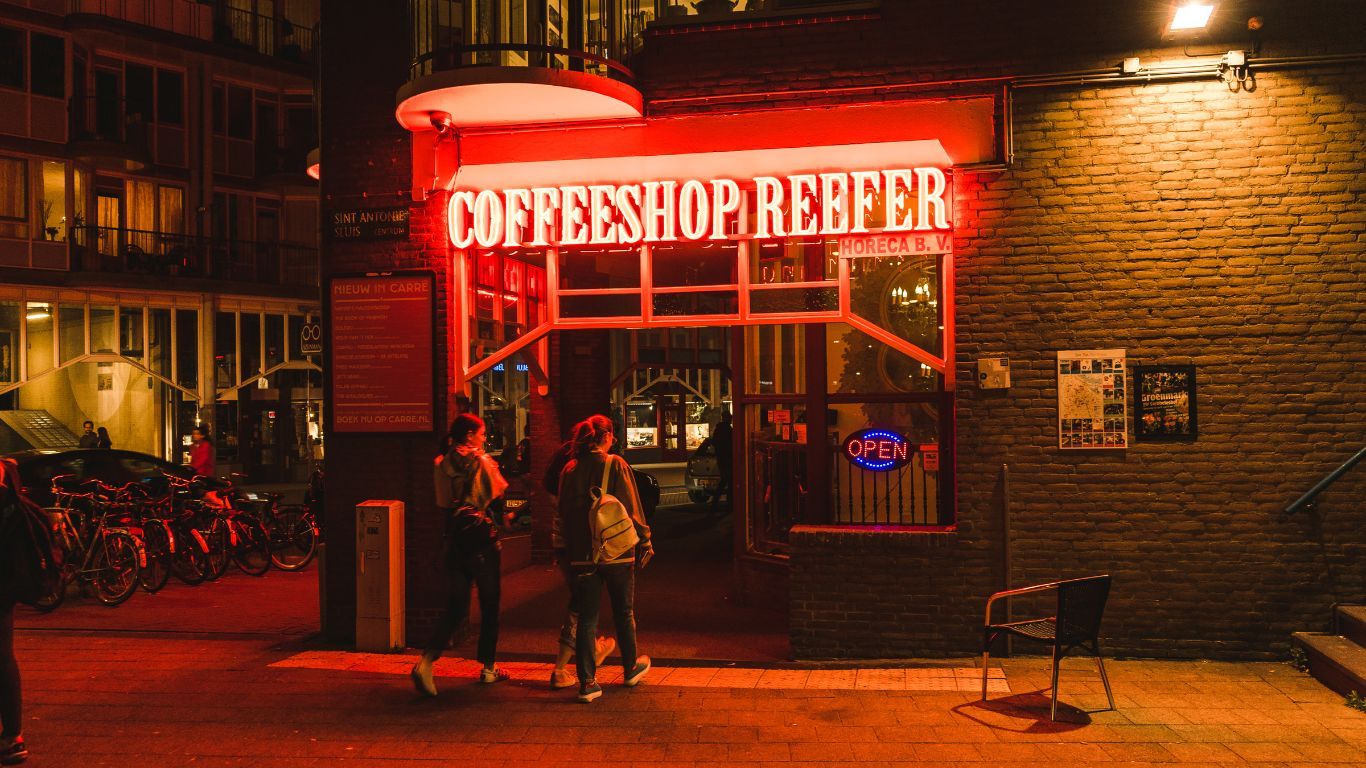
StratCann covered several interesting industry-related stories this week. We looked at a group of researchers in Vancouver who are trying to help cannabis pre-roll manufacturers better understand the most effective and efficient particle size for ground cannabis flower in a joint, and spoke with researchers from the University of Ottawa who say there’s room for improvement in Canadian cannabis QA/QC standards. We also covered a court case in Manitoba involving a micro cannabis licence holder involved in criminal proceedings for alleged illicit production, and we spoke with an Indigenous micro cultivator in BC who has launched a new round of products in the province.
Now for the stories we didn’t report on.
Cannabis researchers tell Quebec Science that there are still too many restrictions holding back relevant research into the medical use of cannabis, including comments from Lucile Rapin, clinical project manager at Santé Cannabis, and Lynda Balneaves, professor at the College of Nursing at the University of Manitoba.
Health Canada announced an additional $1.4 million in funding for a project exploring cannabis substitution of alcohol as a component of managed alcohol programs at the University of Victoria in BC. This was part of an announcement of more than $20 million to help address harms related to substance use across British Columbia and the Prairies.
This past Thursday, Manitoba formally proclaimed legislation to end the collection of social responsibility fees from cannabis retailers retroactive to January 1, 2022. The legislation passed earlier in the year, but finally made it through the final stage of approval last week.
The London Free Press also gave more attention to Ontario’s ongoing issue with cannabis store window coverings, speaking to Marga Vertolli, the owner of Lux Smoke, and Marie Ross, the owner of two Bob’s Bud Emporium locations.
Insauga shared a piece noting that three of the newest cannabis stores in Mississauga are close to the Oakville border where cannabis stores are still not allowed. AGCO currently lists five locations in Mississauga as authorized to open, with another 17 making their way through the queue.
Reuters reports that Cronos is in talks with potential buyers to explore a sale of the company.
Organigram announced the completion of its previously announced share consolidation. The company is expected to report its third-quarter fiscal 2023 results on July 13, 2023.
MJBiz shared press releases about a counterproposal by a “syndicate” of parties that tried to stop a proposed agreement between Fire & Flower and Alimentation Couche-Tard. The attempt was rejected by an Ontario judge. The ruling from the Ontario Superior Court also approved the proposed sale and investment solicitation process (SISP) brought by the Couche-Tard affiliate.
In Whitehorse, the owner of a would be a cannabis store is seeking to overturn a recent decision to deny it a retail cannabis licence. The location is near a Montessori school, and Yukon cannabis law states that stores cannot be within 150 meters of an elementary or secondary school.
In the US, the Federal Trade Commission (FTC) sent cease and desist letters to six companies that make cannabis edibles that mimic products like Oreos, Doritos, Nerds, and others.
A new study from Texas said that the overuse of cannabis is linked to a variety of complications after major elective surgery, including blood clots, strokes, breathing difficulties, kidney issues and even death.
Also in the US, Politico posted a piece highlighting the challenges of legalization in New York.
SFGate noted that a group of scientists at Medicinal Genomics, a Massachusetts-based company, announced that they had accidentally discovered that one of their cannabis plants appears to be partially resistant to HLVd.
And finally, in international cannabis news, Germany shared new details about its adult-use legalization measure, which builds upon and refines previous details shared in April, including raising the age of access from 18 to 19, limiting adults to a 25-gram possession, and details on the operation of non-commercial “social clubs” for growing, similar to Uruguay. It also proposes a 10% THC cap.

































